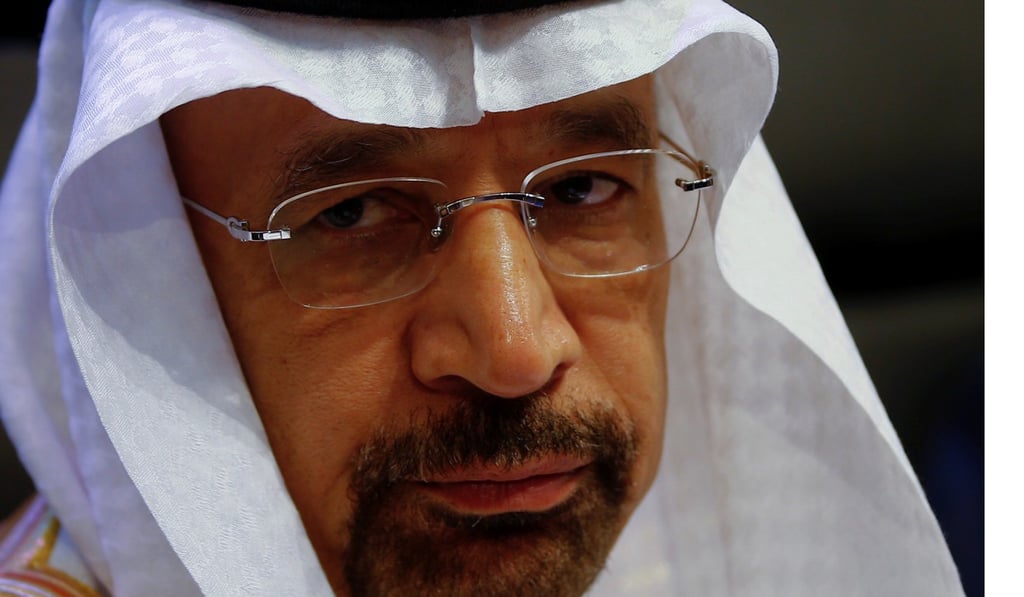OPEC extends oil production curbs by nine months after failure to end global glut

OPEC and its allies extended oil production cuts for nine more months after last year’s landmark agreement failed to eliminate the global oversupply or achieve a sustained price recovery.
The producer group together with Russia and other non-members agreed to prolong their accord through March, Bijan Namdar Zanganeh, Iran’s Minister of Petroleum, said in Vienna. No new non-OPEC countries will be joining the pact, according to a delegate familiar with the matter, who asked not to be identified because the information isn’t public.
Six months after forming an unprecedented coalition of 24 nations and delivering output reductions that exceeded all expectations, resurgent production from US shale fields has meant oil inventories remain well above the level targeted by OPEC ministers. While stockpiles are shrinking, ministers acknowledged the surplus built up during three years of overproduction won’t clear until at least the end of 2017.

Saudi Oil Minister Khalid Al-Falih said Thursday that the cuts are working, saying stockpile reductions will accelerate in the third quarter and inventory levels will come down to the five-year average in the first quarter of next year. While he expects a “healthy return” for US shale, that won’t derail OPEC’s goals and a nine-month extension will “do the trick,” he said.
“We must complete our mission today,” said Russian Energy Minister Alexander Novak, who said the agreement was working despite scepticism.
The market was less convinced. Benchmark Brent crude traded at US$52.42 a barrel in London, down 2.9 per cent, after earlier sliding 3.2 per cent.
